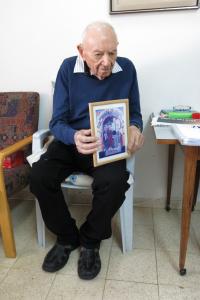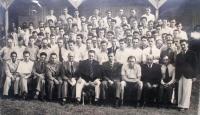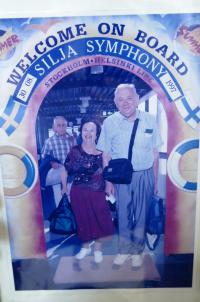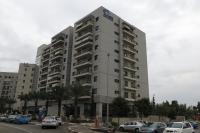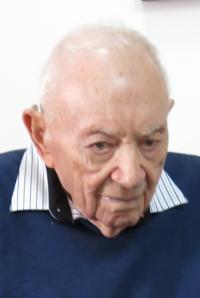I didn’t go to Palestine to come back as a Czechoslovak soldier
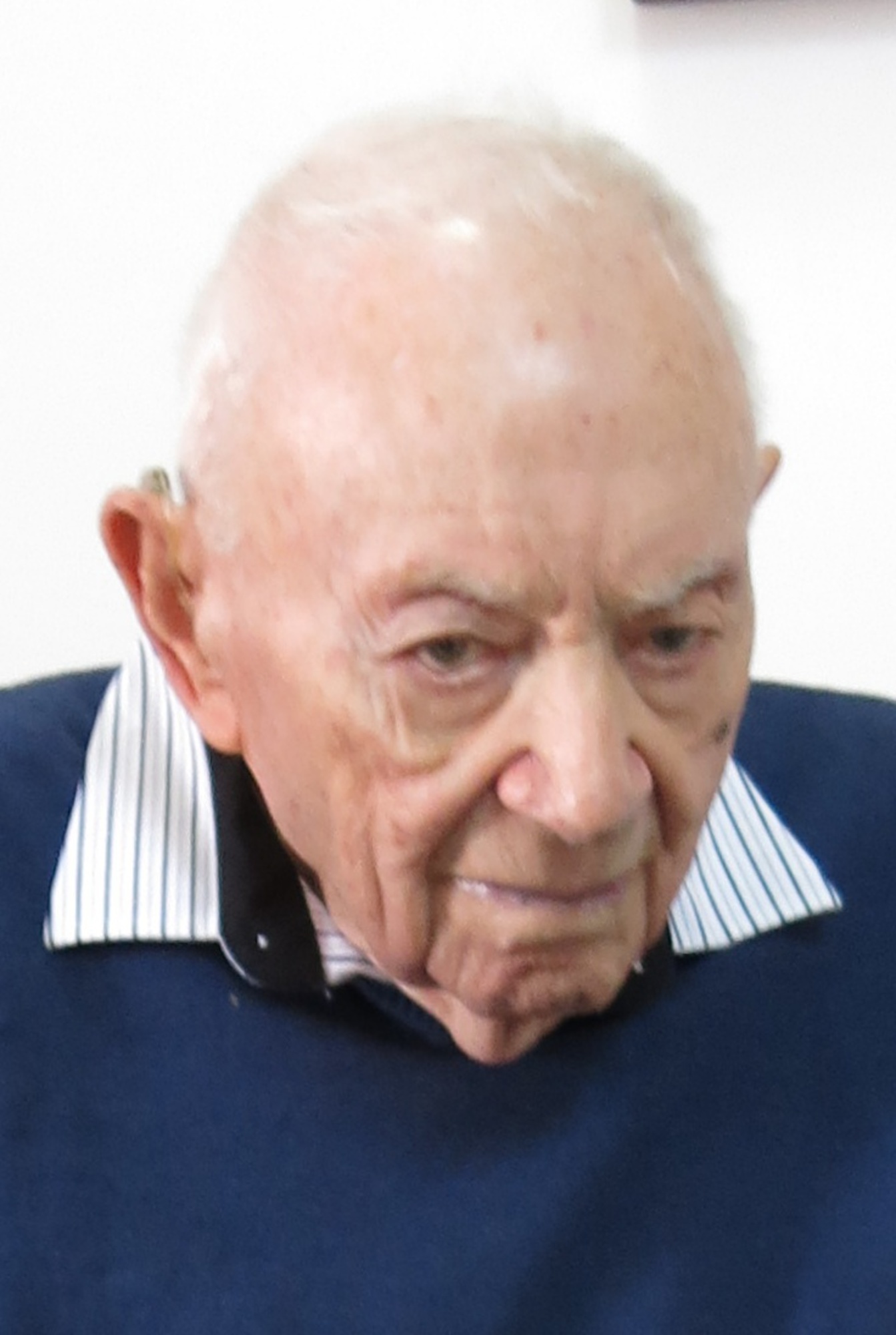
Stáhnout obrázek
Avraham Talmi, né Ervín Farkaš, was born on 19 February 1920 in Krásnovice, a village in the district of Michalovce in eastern Slovakia. He comes from an orthodox Jewish family, he was one of six children. His father was a businessman, his mother kept the house. After graduating from grammar school, Avraham was supposed to study at the University of Commerce in Prague, but when Czechoslovakia was occupied in March 1939 he decided to prepare to emigrate to Palestine. He undertook a six-month Hah Sharrah course as a member of Makabi Hacair - doing farm work - and on 29 November 1939 he left with a group of Zionists from Prague to Bratislava, whence they were supposed to set off to Palestine. The group was detained in Bratislava for nine months; they continued to Romania in September 1940, where they boarded the ship Atlantic. After a stop in Crete they arrived in Haifa on 24 November 1940. However, they were not allowed into Palestine, instead they were interned with other groups on the island of Mauricius in December 1940. In March 1942 he volunteered into the Czechoslovak foreign army, he fought in northern Africa under General Klapálek, but when his unit was stationed in Palestine and awaiting transport to Great Britain, he deserted. He settled in the kibbutz of Kfar Ruppin and changed his name to Avraham Talmi. From October 1947 to February 1949 he was posted as a Makabi Hacair ambassador in Hungary, where he drafted volunteers into the newly forming Israeli army. In 1949 his parents, who had survived the war in Slovakia with false documents, also moved to Israel. He later left the kibbutz, married, and raised three sons with his wife. He completed a long-distance university course and worked as a lawyer. Avraham Talmi is a widower, he lived in the Israeli town of Kiryat Motzkin.
